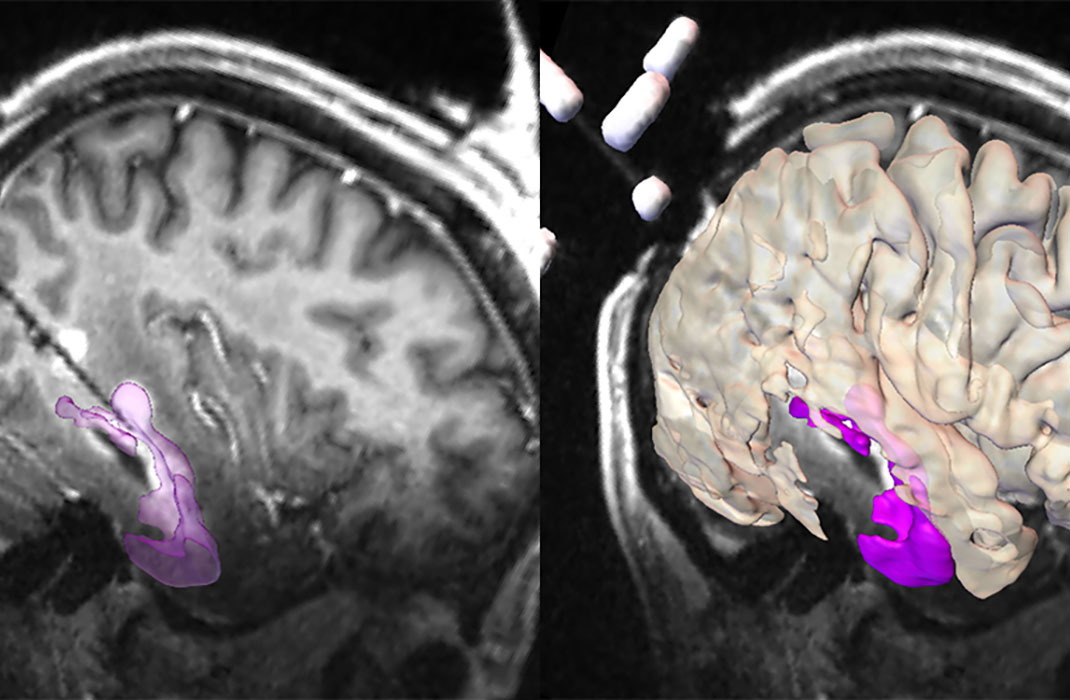-
- Find Care
-
- Visitor Information
- Find a Location
- Shuttles
- Visitor Policies
-
-
-
- Our Virtual Care Options
- Virtual Urgent Care
- Virtual Visits for Primary & Specialty Care
- Online Second Opinions
- Participate in Research
-
- Contact us
-
- For Innovators
- Commercialization Guide for Innovators
-
-
- Research News
- Alzheimer's Disease
- Artificial Intelligence
-
- Overview
-
- Overview
- Getting Started
- New to Mass General Brigham
- International Patient Services
- What Is Patient Gateway?
- Planning Your Visit
- Find a Doctor (opens link in new tab)
- Appointments
- Patient Resources
- Health & Wellness
- Flu, COVID-19, & RSV
- Billing & Insurance
- Financial Assistance
- Medicare and MassHealth ACOs
- Participate in Research
- Educational Resources
- Visitor Information
- Find a Location
- Shuttles
- Visitor Policies
- Find Care
-
- Overview
- Our Virtual Care Options
- Virtual Urgent Care
- Virtual Visits for Primary & Specialty Care
- Online Second Opinions
-
- Overview
- Participate in Research
-
- Overview
- About Innovation
- About
- Team
- News
- For Industry
- Venture Capital and Investments
- World Medical Innovation Forum (opens link in new tab)
- Featured Licensing Opportunities
- For Innovators
- Commercialization Guide for Innovators
- Contact us
-
- Overview
- Information for Researchers
- Compliance Office
- Research Cores
- Clinical Trials
- Advisory Services
- Featured Research
- Two Centuries of Breakthroughs
- Advances in Motion (opens link in new tab)
- Brigham on a Mission (opens link in new tab)
- Gene and Cell Therapy Institute
- Research News
- Alzheimer's Disease
- Artificial Intelligence
-
- Overview
-
- Overview
- Residency & fellowship programs
- Brigham and Women's Hospital
- Massachusetts General Hospital
- Mass Eye and Ear
- Newton-Wellesley Hospital
- Salem Hospital
- Integrated Mass General Brigham Programs
- Centers of Expertise
- Global & Community Health
- Health Policy & Management
- Healthcare Quality & Patient Safey
- Medical Education
- For trainees
- Prospective trainees
- Incoming trainees
- Current trainees
- Continuing Professional Development
Educational Attainment Protects Against a Genetic Risk Factor for Alzheimer’s Disease
A new study by researchers from Mass General Brigham further illustrates that when it comes to risk of Alzheimer’s disease, even genetically determined forms of the disease, genetics is only one piece of the puzzle. Researchers investigated the influence of genetics and educational attainment on cognitive decline by studying data from 675 people who carry a mutation that predisposes them to early onset Alzheimer’s disease. Carriers of this mutation—known as PSEN1 E280A—have a median age of 49 for onset of dementia. The team found that among carriers who also carried a second mutation that puts them at heightened risk—APOE e4—had an accelerated age of onset of cognitive decline. Among carriers who had an APOE e2 mutation—known to be protective—age of onset was delayed. The team also assessed the effect of educational attainment on cognitive function among PSEN1 E280A mutation carriers, including those who carried different APOE genotypes. They found that higher educational attainment—that is, more years of education—was associated with preserved cognitive ability particularly for those at highest genetic risk.
“Higher educational attainment may have a protective effect against cognitive impairment, even in the presence of strong genetic risk factors,” said corresponding author Yakeel Quiroz PhD, a clinical neuropsychologist and neuroimaging researcher, director of the Familial Dementia Neuroimaging Lab in the Departments of Psychiatry and Neurology at Massachusetts General Hospital. “Despite the additional risk conferred by APOEe4, the strongest genetic risk factor for sporadic Alzheimer's disease, our results suggest that educational attainment may be a critical mechanism of cognitive reserve in familial Alzheimer’s disease.”
The research team included investigators from Massachusetts General Hospital, Brigham and Women’s Hospital, Mass Eye and Ear, and national and international collaborators.
Media contact
About Mass General Brigham
Mass General Brigham is an integrated academic health care system, uniting great minds to solve the hardest problems in medicine for our communities and the world. Mass General Brigham connects a full continuum of care across a system of academic medical centers, community and specialty hospitals, a health insurance plan, physician networks, community health centers, home care, and long-term care services. Mass General Brigham is a nonprofit organization committed to patient care, research, teaching, and service to the community. In addition, Mass General Brigham is one of the nation’s leading biomedical research organizations with several Harvard Medical School teaching hospitals. For more information, please visit massgeneralbrigham.org.
Related research about Alzheimer’s disease
-

published on
-

published on
-

published on
-

published on
-

published on
-

published on
-

published on
-

published on
-

published on